Family/Household

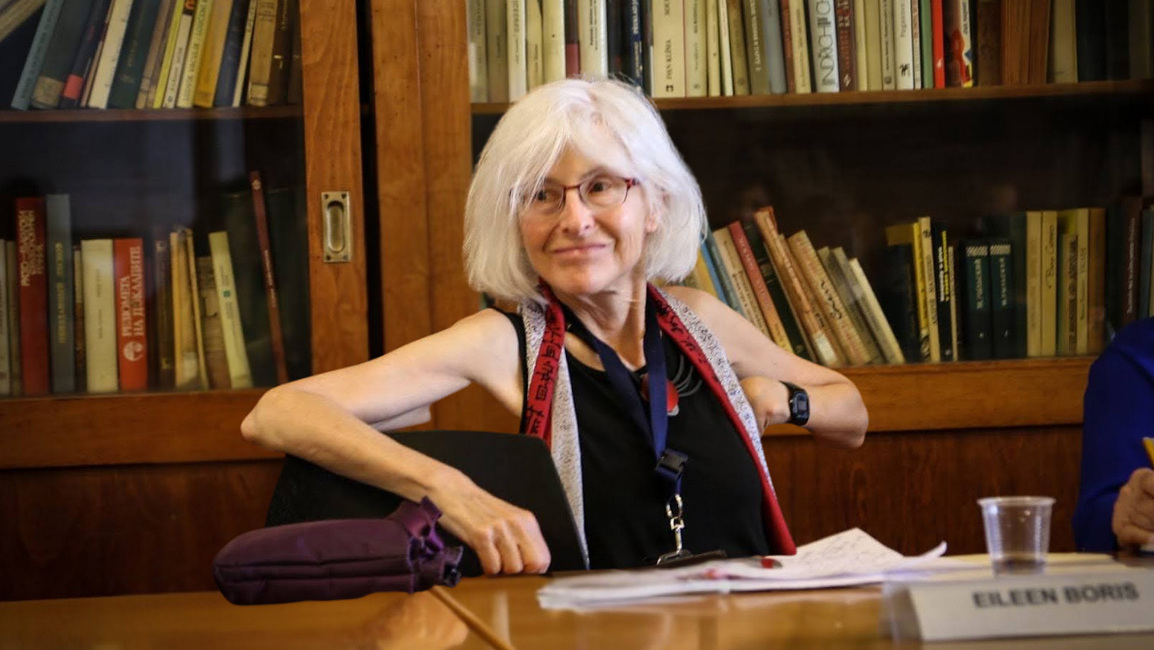
The Activist Intellectual Legacy of Eileen Boris
Eileen Boris’s retirement conference looks toward the future of the history of care work.
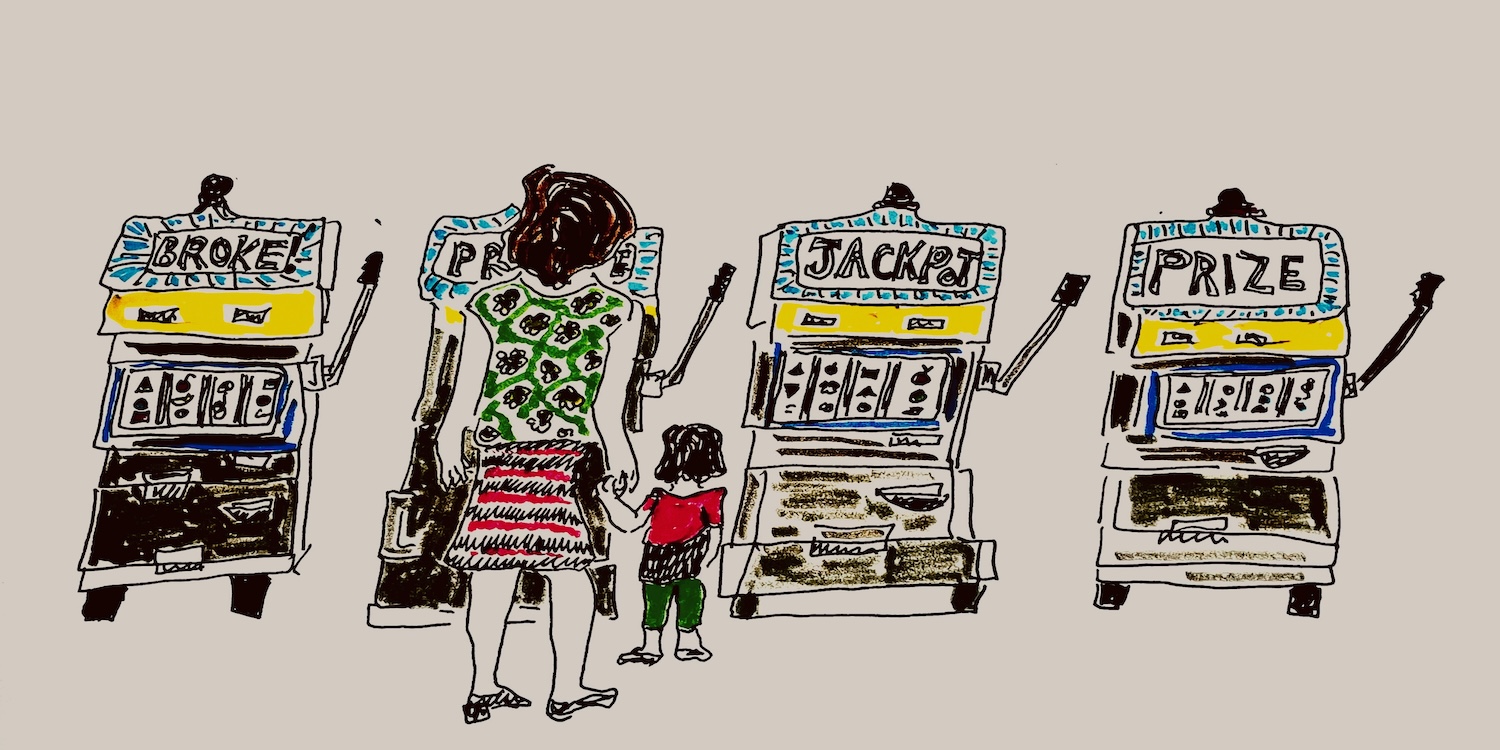
The Motherhood Gamble
While many mothers will enjoy adequate support from a partner, a considerable number are likely to pay a disproportionate share of the costs of raising children, putting their families at risk of poverty.

Beyond Choice: Why Economics Needs Reproductive Justice
What if the concept of “choice” in reproductive decisions is an economic illusion? The Reproductive Justice framework, created by women of color, argues that true autonomy is shaped by systemic inequality. It’s time for economics to adopt this powerful lens.
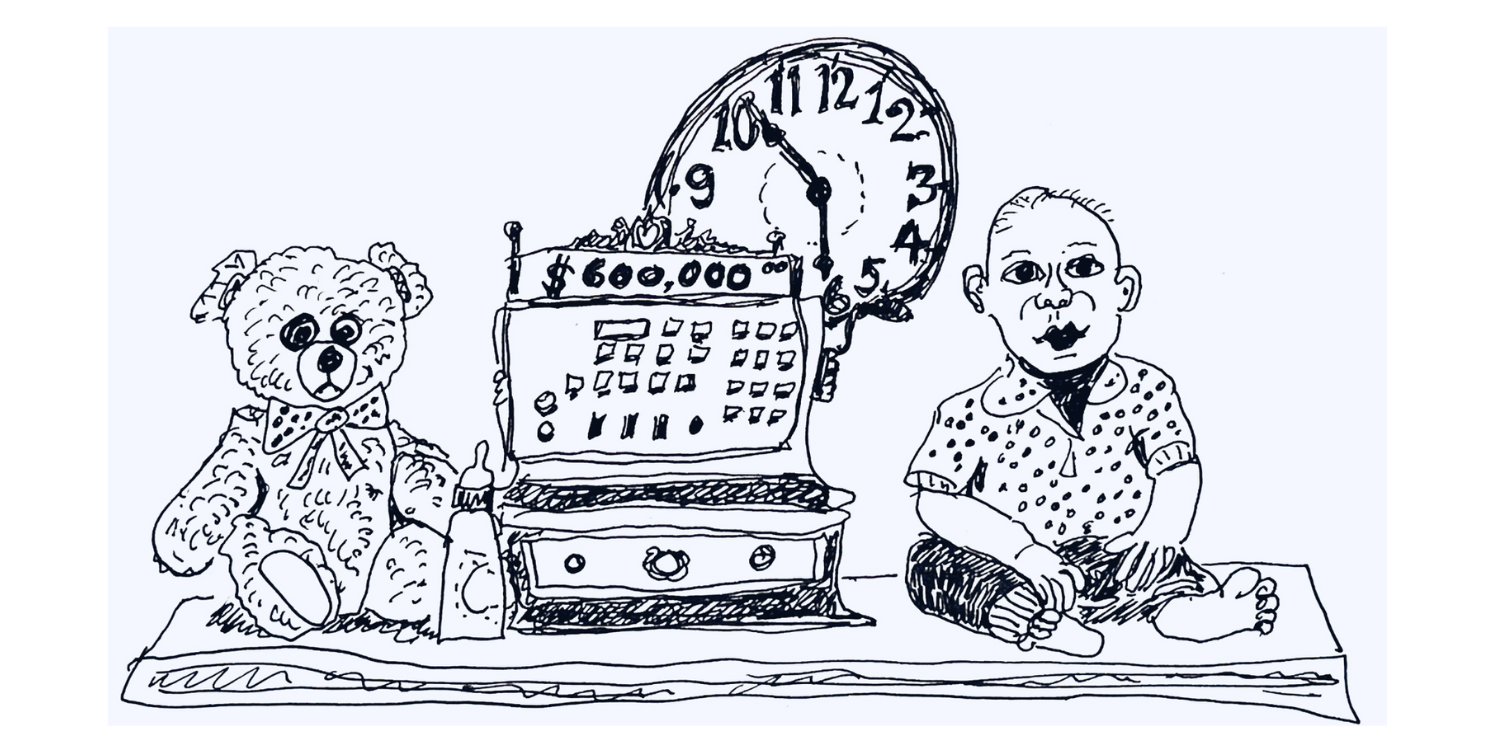
The Underestimated “Price of Parenting”
The private cost of raising children in the United States is at least twice as high as recent estimates suggest.
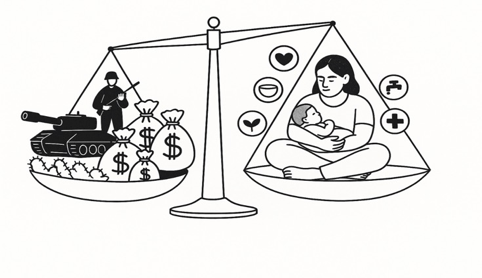
The First 1,000 Days of Life Are the Real National Security
What if early childhood care is the key to preventing violent conflicts?

Raising the Bar: Public Employment and Paid Family Leave in North Carolina
Advocates of paid family and medical leave try a novel approach. Research into efforts to move paid leave forward at the municipality level reveals surprising results.

Surviving the Future: Practices of Care in A’a Teyze’s Garden
The labors of Afro-Turks with the natural world that lie outside of purely productivist grammars of relating within which they are entangled “spatialize acts of survival” that are disruptive enough as to wage war against domination.

Marginal children: child support guidelines and the (de)value of care
Traditional child support models underestimate the cost of raising children by ignoring unpaid care work and shared living expenses. A proposed “Dignified Living Model” centers care and interdependence, ensuring support reflects the well-being of both children and parents, based on income and custody arrangements.
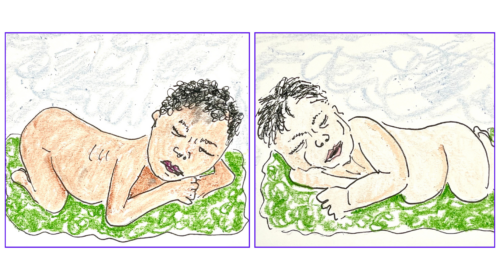
The Nappy Revolution
Caring for Life: a new book that re-values nappy-free infant hygiene care practices

Sociologists on Care
A Scottish researcher muses on insights from a recent conference.
Unpaid Care Labor
In this seminar we will discuss how childcare represents unpaid care labor. Join us on Wednesday, November 13, 10am-12pm ET!